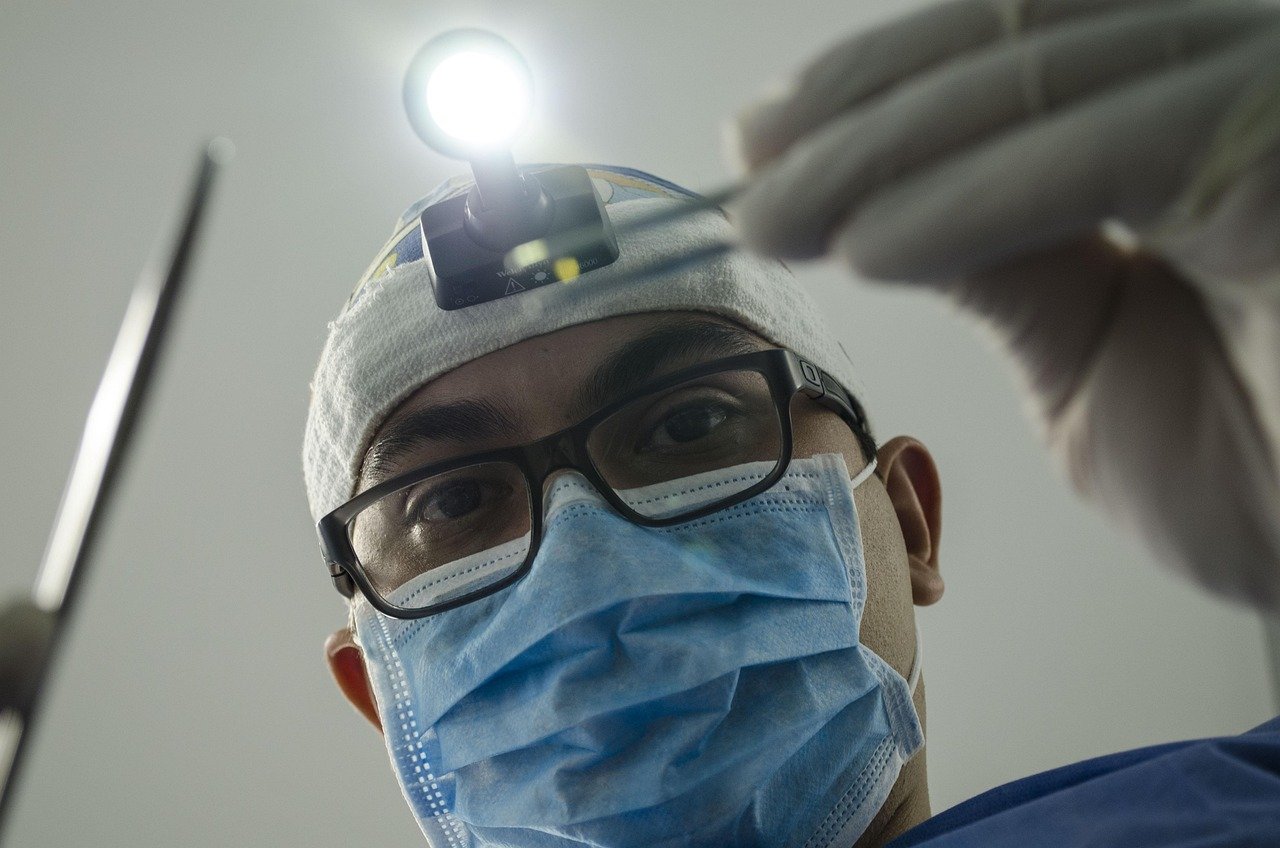Many French women face limited access to modern infertility treatments. Strict laws, long waiting lists, and limited technological capabilities create a sense of helplessness, especially among women of advanced reproductive age, same-sex couples, and single patients. In this context, Spain — and Barcelona in particular — is becoming a logical and attractive choice for those seeking not only high-quality medical results but also comprehensive psychological support.
Reproductive medicine in Spain is developing rapidly, and this dynamic is confirmed by international rankings of IVF program success rates. According to data from the European Society of Human Reproduction and Embryology (ESHRE), Spain is among the top three countries in Europe in terms of the number of IVF procedures and ranks first in terms of the number of cycles with donor eggs. These indicators reflect not only the high level of technology, but also the social support, openness of legislation, and customer focus of the entire system.
Barcelona’s clinics offer a wide range of reproductive solutions, from basic IVF protocols to complex personalized programs using PGD-A, double donation, and treatment for repeated implantation failure. Patients from different countries note the high level of attention from the staff, the comprehensive approach to diagnosis, and the quality of support at all stages. Many of them emphasize that in Spain they feel not just like patients, but like active participants in the process, where their history, needs, and emotional state are taken into account.
In this context, Barcelona is not just a geographical point on the map, but a unique place to restore hope. The city offers a mild climate, cultural and gastronomic diversity, and an atmosphere of safety and tranquility. All of this has a positive effect on the overall well-being of women during treatment and makes the therapeutic process more harmonious and effective.
France: restrictions that push women abroad
In France, assisted reproductive technology (ART) programs are funded by the public health system, making them affordable. However, a strict legal framework limits the range of procedures available. For example, preimplantation genetic diagnosis (PGD-A) is only permitted if there is a high risk of serious hereditary diseases. This must be confirmed by several independent medical opinions, which in practice excludes PGD-A for the detection of aneuploidy, one of the main causes of miscarriage in women over 38 and after unsuccessful IVF attempts.
In addition, there is a serious shortage of egg donors in France. According to data from the Agence de la biomédecine, fewer than 1,000 cycles with donor eggs are performed each year, while there are more than 3,000 women on the waiting list. Donation remains strictly anonymous, which excludes selection based on phenotypic or genetic criteria.
The wait can take anywhere from two to five years.
Against this backdrop, more and more women — both single and in heterosexual or homosexual relationships — are seeking treatment abroad, in countries with more flexible legislation, modern technology, and affordable medical care.
Spain: freedom of choice, innovation, and patient care
Spain is a leader in reproductive medicine.
This has been made possible by progressive legislation that allows:
- PGD-A even within donor programs,
- the use of anonymous egg and sperm donors,
- cryopreservation of embryos and eggs,
- treatment of single women and female couples without restrictions.
Many clinics in Barcelona work specifically with foreign patients. Coordinators who speak French and English are provided, and full support is provided at all stages, from the initial consultation to the preparation of documents and logistics. Thanks to optimized protocols, the use of AI incubators, and an advanced embryo selection method based on morphokinetic criteria, Spanish specialists achieve high implantation rates and the birth of healthy children.
The evolution of donor programs: safety and predictability
Whereas donor programs used to be limited to guaranteeing a certain number of eggs or embryos, today leading clinics such as NatuVitro offer patients a guarantee of at least one euploid (genetically healthy) embryo. The use of PGD-A has become an integral part of high-quality IVF with egg donation or IVF with double donation and eliminates the risk of chromosomal abnormalities even before transfer.
This is especially important for patients with a history of miscarriage or after several unsuccessful IVF attempts. Confidence in the genetic health of the embryo reduces anxiety and increases motivation to undergo treatment.
Barcelona: a place of health, inspiration, and support
Its proximity to France, ease of access, and high-quality medical infrastructure all make Barcelona a great spot for medical tourism. But there’s more: the city creates a space where women can relax, recover, and feel safe.
Patients often combine medical procedures with leisure activities: walks through ancient streets, visits to museums and gastronomic events, relaxation by the sea. This balance between physical and emotional well-being is an important factor in the success of ART programs.
Simple logistics and full support
For French residents, logistics are completely simplified: documents and prescriptions are provided in French, and hormone medication can be monitored by your own doctor. IVF protocols using your own eggs require two visits to Barcelona — for puncture and transfer. For programs involving donation, one visit is sufficient.
Regular flights from Paris, Lyon, Marseille, Toulouse, and other cities make the trip quick, convenient, and inexpensive. If necessary, the clinics can help with accommodation, airport transfers, and language support.
Barcelona and patients from the US: a reasonable alternative
Barcelona is a popular destination not only for European patients but also for American patients. In the US, the cost of IVF with PGD-A can reach $40,000, while in Spain, such a procedure costs on average between €6,000 and €8,000.
Even with flights, accommodation, and other expenses, the cost remains more than competitive, and the quality of treatment meets the highest international standards.
Barcelona — a global hub for reproductive medicine
The growth in international patient numbers has given Spanish clinics a unique advantage: the opportunity to invest heavily in equipment, staff training, and the creation of services tailored to women from different countries. This has led to a culture of openness, customer focus, and respect for each individual’s personal story.
Patients from France, Italy, Germany, the US, Canada, and Latin America feel comfortable, confident, and assured of the outcome in Barcelona. Medicine here is not just a service, but an art of accompanying women on their journey to motherhood.
A symbol of new life: why women choose Barcelona
Choosing Barcelona is not only a rational decision, but also a deeply emotional one. It combines European quality of life, high medical competence, cultural richness, and warm human relations. For women who dream of having a child despite any obstacles, Barcelona becomes a place where their most important dream—to be a mother—comes true.
READ ALSO: What Sets Omega Medical Apart From Other Agencies











